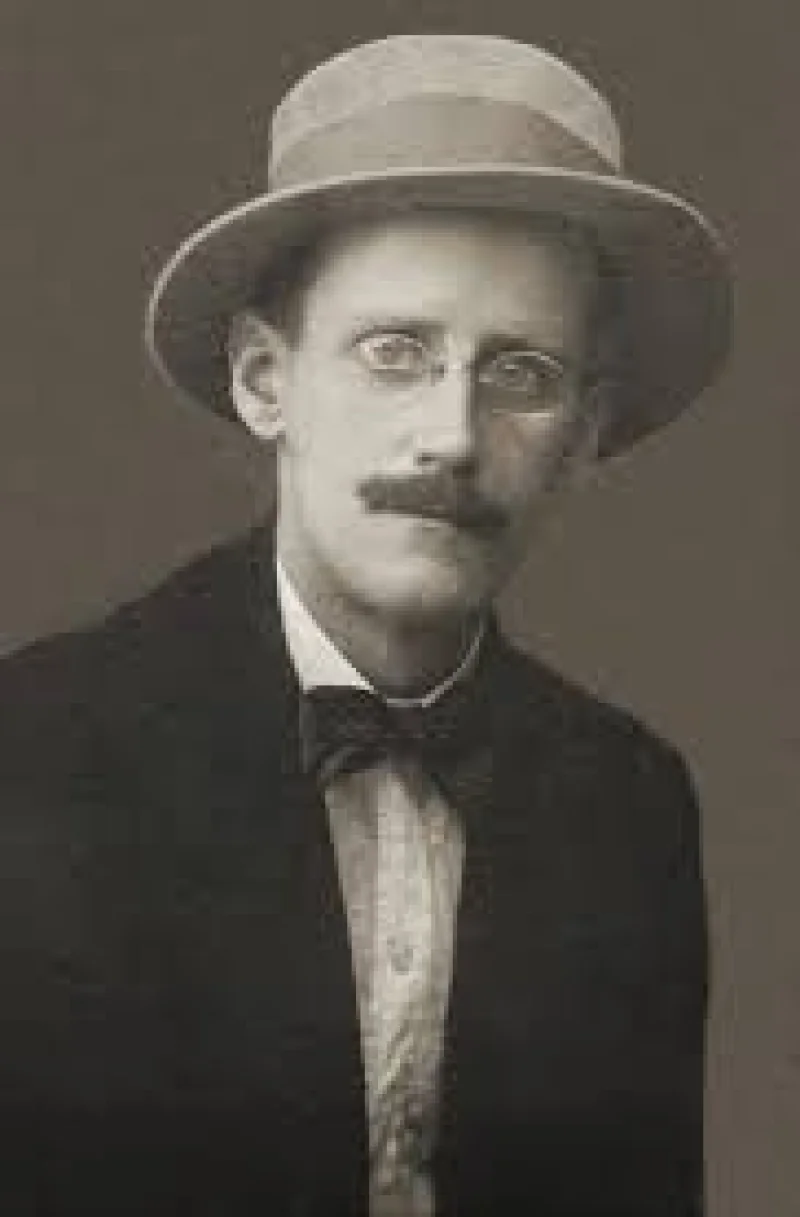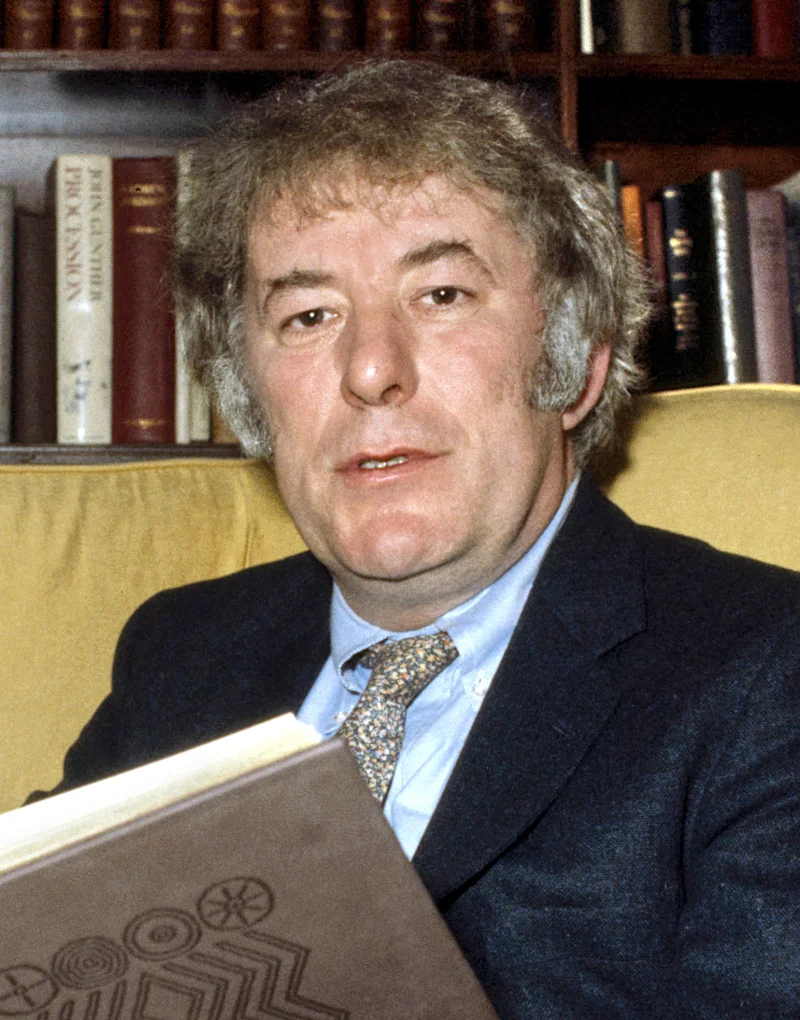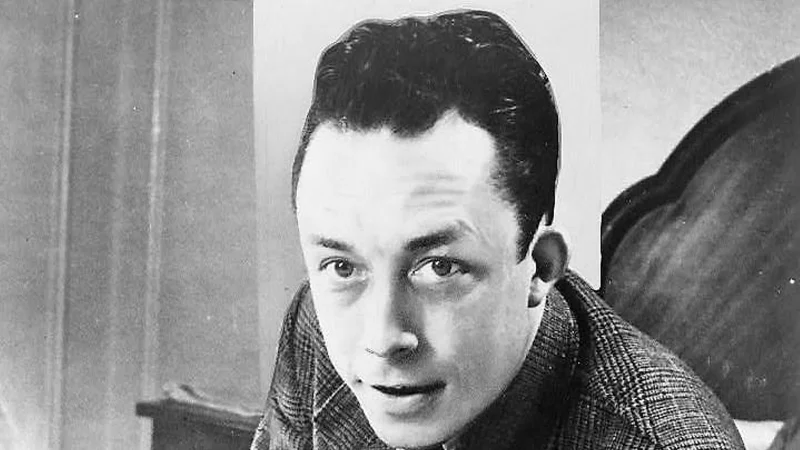Short Summary
James Joyce was an influential Irish novelist and short story writer, renowned for his innovative narrative techniques and profound exploration of language. He is best known for the groundbreaking novel "Ulysses," which revolutionized modernist literature. Joyce's works, characterized by their complex structures and stream-of-consciousness style, have had a lasting impact on both contemporary and future writers. Celebrated as one of the most significant authors of the 20th century, his contributions to literature continue to be studied and admired worldwide.
Early Life & Education
James Joyce was born on February 2, 1882, in Dublin, Ireland, into a middle-class Catholic family. He was the eldest of ten children, and his father’s precarious financial situation often led to instability at home. Joyce attended Clongowes Wood College, a prestigious Jesuit school, and later Belvedere College, where he excelled academically. In 1898, he enrolled at University College Dublin, where he studied modern languages and immersed himself in the cultural and intellectual life of the city. Joyce's early influences included writers such as Henrik Ibsen and Dante Alighieri, whose works sparked his passion for literature and storytelling.
Career Highlights
Joyce's literary career began with the publication of "Dubliners" in 1914, a collection of short stories that depicted the everyday lives of Dublin's inhabitants. His first novel, "A Portrait of the Artist as a Young Man," published in 1916, was a semi-autobiographical work that introduced his innovative stream-of-consciousness technique. The publication of "Ulysses" in 1922 marked a turning point in modernist literature, with its intricate structure and exploration of language. Despite initial controversy and censorship, "Ulysses" garnered critical acclaim and solidified Joyce's status as a literary visionary. His final novel, "Finnegans Wake," published in 1939, further demonstrated his experimental style.
Major Achievements
- "Dubliners" (1914) - A collection of 15 short stories offering a vivid depiction of Dublin's middle-class life.
- "A Portrait of the Artist as a Young Man" (1916) - An autobiographical novel introducing Joyce's stream-of-consciousness technique.
- "Ulysses" (1922) - A landmark modernist novel known for its complex structure and linguistic innovation.
- "Finnegans Wake" (1939) - An experimental work that pushed the boundaries of narrative and language.
- Contribution to Modernist Literature - Revolutionized narrative techniques and influenced countless writers.
Famous Quotes
- "A man's errors are his portals of discovery."
- "I am tomorrow, or some future day, what I establish today. I am today what I established yesterday or some previous day."
- "Mistakes are the portals of discovery."
Interesting Facts
- Joyce spent much of his life in self-imposed exile, living in cities like Trieste, Zurich, and Paris.
- He had a complex relationship with the Catholic Church, which is reflected in his works.
- Joyce was nearly blind for much of his life and underwent numerous eye surgeries.
- "Ulysses" was initially banned in the United States for obscenity until a landmark court ruling in 1933.
- He was a talented singer and considered a career in music before dedicating himself to writing.
Legacy / Influence
James Joyce's contributions to literature have left a profound legacy, influencing the development of modernist literature and narrative styles. His innovative use of stream-of-consciousness and linguistic experimentation paved the way for future writers to explore new literary techniques. Joyce's works continue to be studied for their complexity and depth, inspiring scholars and readers alike. His exploration of the human experience and the intricacies of language remains relevant across generations.
FAQ
Q: Why is James Joyce famous?
A: He is famous for his groundbreaking novels like "Ulysses" that revolutionized modernist literature.
Q: What is "Ulysses" about?
A: "Ulysses" chronicles a day in the life of Leopold Bloom in Dublin, using a stream-of-consciousness narrative.
Q: Where did Joyce spend most of his life?
A: He spent much of his life in exile in cities like Trieste, Zurich, and Paris.
Q: Was Joyce ever recognized during his lifetime?
A: Yes, he gained recognition during his lifetime, especially after the publication of "Ulysses" in 1922.










